Prime Minister Srettha said the “10,000 baht digital wallet” (US$280) program will be available to Thai citizens aged 16 and above with a monthly income of less than 70,000 baht (US$2,000) and total bank deposits of less than 500,000 baht (US$14,000). Based on these criteria, an estimated 50 million people will be eligible to benefit from the program.
By regulation, digital wallets can only be used to buy food and consumer goods. They cannot be used to buy online, tobacco or alcohol; valuables such as diamonds, gemstones or gold. In addition, owners cannot use digital wallets to repay debts or pay bills for electricity, water, fuel, natural gas or school fees.
According to Mr. Srettha, Thailand 's economy is in need of a large stimulus package because the country's gross domestic product (GDP) has only grown by an average of 1.9% annually over the past decade, with household debt/GDP rising from 76% in 2012 to 91.6% this year.
The manufacturing sector is also in decline, leading to layoffs. This has led to workers cutting back on spending and factories cutting back on production, Prime Minister Srettha said. Repeated occurrences of this situation will lead to an economic recession. Therefore, measures to stimulate the economy are needed to prevent the situation from worsening.
According to Mr. Srettha, the Thai government will "inject" 600 billion baht (16.5 billion USD) into the economy - 500 billion baht through the Digital Wallet program and a 100 billion baht (2.75 billion USD) fund to enhance the country's economic potential.
The goal of the Digital Wallet Program is to inject cash flow into the economic system to increase spending within 6 months of launch (expected in May 2024).
Mr. Srettha emphasizes that this program will promote investment, encourage trade and purchase of goods, increase orders with small and medium enterprises or large factories.
The Thai government's digital wallet policy is expected to be a driving force for the economy, aiming for an average growth of 5% during Prime Minister Srettha's four-year term, while helping Thailand address income inequality and promoting the development of e-government and the digital economy.
Meanwhile, the 100 billion baht fund will be used to enhance the country's competitiveness in various areas, including investment in new technology and human resource development.
Regarding funding for the program, Mr. Srettha said the most realistic approach is for the government to propose a bill seeking a special loan of 500 billion baht.
The bill will be sent to the Council of State this year and then submitted to the Thai Parliament early next year. Meanwhile, the remaining 100 billion baht for economic projects will come from the state budget.
Minh Hoa (t/h according to VTV, Vietnam+)
Source



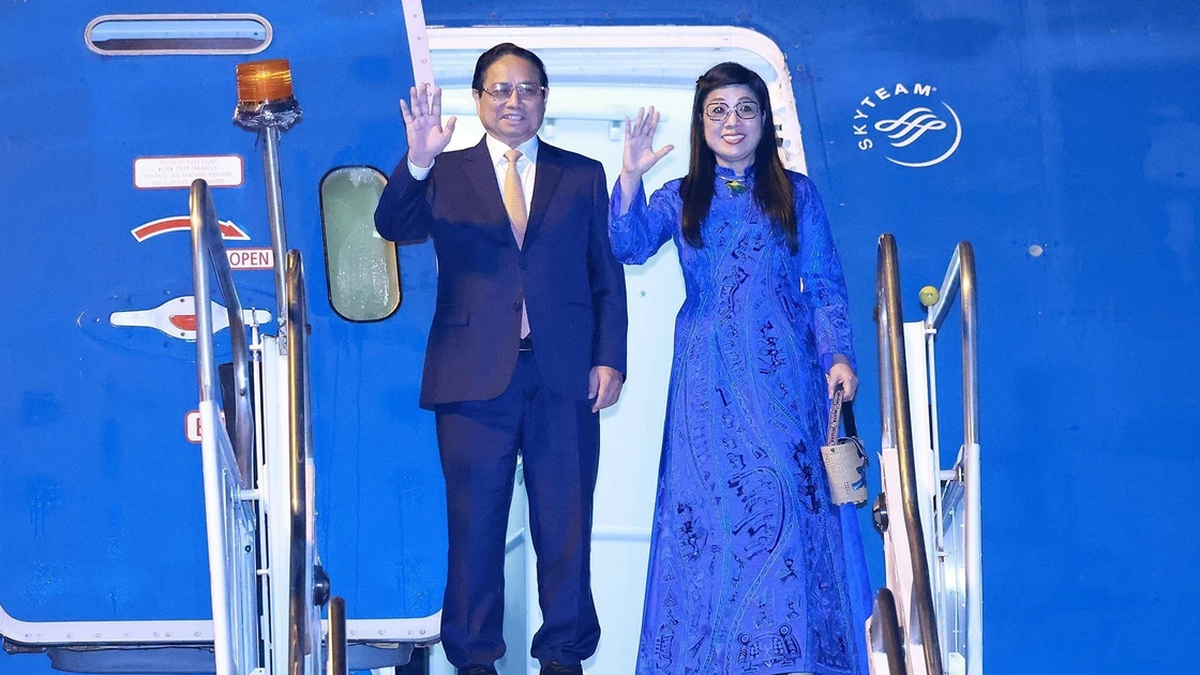










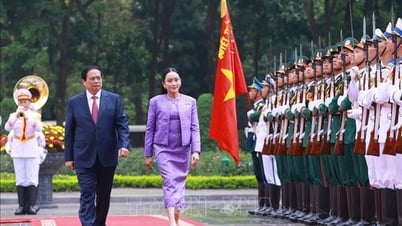





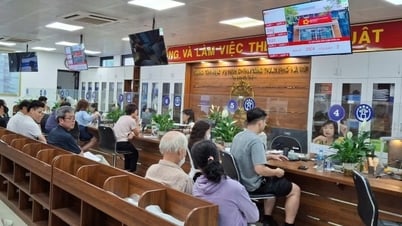



























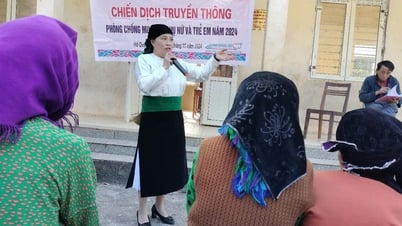




















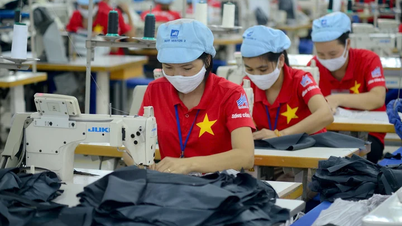




















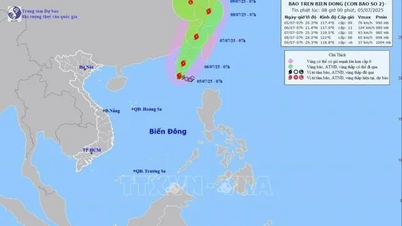

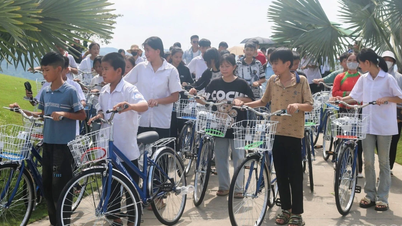





![[OCOP REVIEW] Bay Quyen sticky rice cake: A hometown specialty that has reached new heights thanks to its brand reputation](https://vphoto.vietnam.vn/thumb/402x226/vietnam/resource/IMAGE/2025/7/3/1a7e35c028bf46199ee1ec6b3ba0069e)









Comment (0)